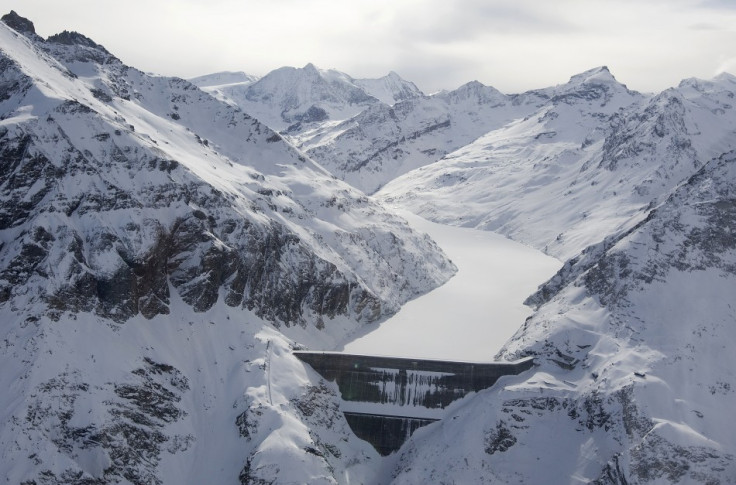Ancient Carbon Deposits Lead to Destruction of Glacial Ecosystem

Researchers from the Skidaway Institute of Oceanography have reported a renewed understanding of the Earth's ecosystem has been influenced by the Industrial Revolution.
The scientists have said that carbon emitted by active industries at that time has continued to affect the geographically remote ecosystem of glaciers. The resultant ice loss has increased over time.
The deposition of carbon on glaciers forms soot or black carbon. This black carbon darkens the surface of the glacier, thus increasing the absorption of light and heat, which leads to the melting of the glacier and ice loss. Additionally then, glaciers provide a great deal of carbon to downstream ecosystems.
Once deposited on the glacier's surface by carrying agents like snow and rain, the carbon (containing dissolved organic matter) moves with the glacier and is eventually turned into food for microorganisms at the base of the marine food web, working its way up the chain.
As a result, not only are marine creatures affected by the carbon pollution drawn from nearby and contemporary sources, they are also hurt by a supply of carbon from the glaciers.
The researchers are of the opinion that this carbon is sourced from ancient forests and peat reserves overrun by glaciers. However, they also believe that the carbon is also sourced from contemporary biomass and burning of fossil fuels.
According to the researchers, glaciers and ice sheets together represent the second largest reservoir of water on earth and glacier ecosystems cover ten percent of the Earth's surface area. Despite such numbers, it is unfortunate that such geographic formations are not better cared for.
"Remote regions are often perceived as being pristine and devoid of human influence," said Aron Stubbins from the Skidaway Institute of Oceanography. "Glaciers show us that nowhere goes untouched by industry. Instead, burning fuels has an impact upon the natural functioning of ecosystems far removed from industrial activity," he added.
© Copyright IBTimes 2025. All rights reserved.





















